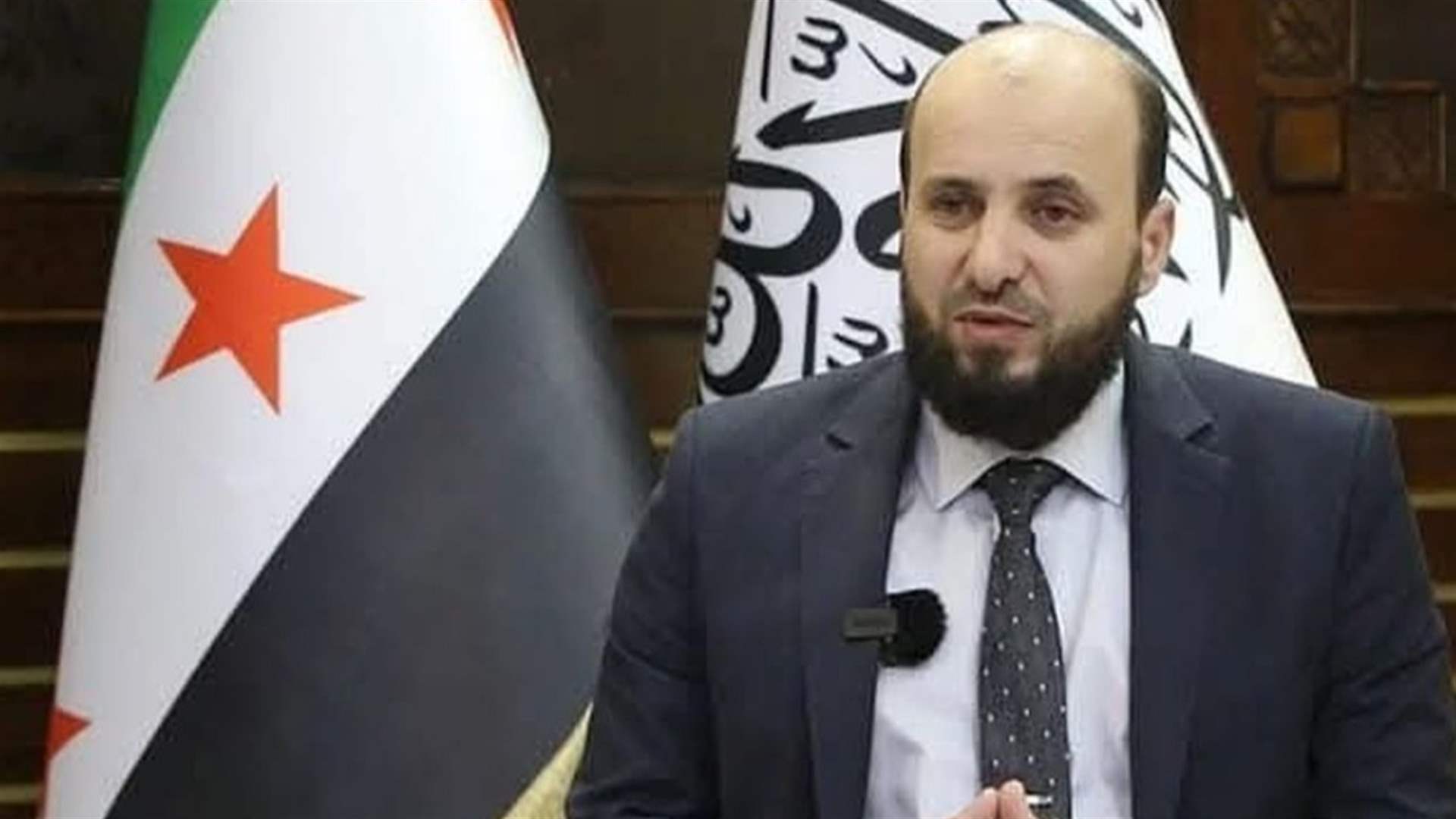Chancellor Rachel Reeves has been forewarned by members of the British Armed Forces that alterations to pensions in the Budget would undermine the military’s “trust” in the government and make it more difficult to retain people.
“On October 30, Rachel Reeves is expected to present the first Autumn Budget of the new Labour Government, which is likely to include tax increases and spending cuts. Ministers have already taken the difficult step of reducing the winter fuel allowance and have repeatedly warned that they must make “tough decisions” to rebuild public finances.
Reports indicate that Reeves is considering raising funds by adjusting the maximum tax-free withdrawal amount from pensions. Currently, individuals aged 55 and older can withdraw up to £268,275, or 25% of their pension, tax-free. The Treasury is reportedly contemplating lowering this cap to help finance underfunded public services.
Neil Marshall, Chief Executive of the Forces Pension Society (FPS), has expressed concern that reducing the cap would adversely affect veterans and mid-ranking officers who did not earn substantial salaries while serving, complicating efforts to retain personnel in the Armed Forces.
In a statement to Politics Home, he emphasized that this move would violate the ‘Armed Forces Covenant,’ which commits to treating those who serve—whether regular or reserve—equally with UK citizens. “The Government is considering a measure that, if implemented, would betray a promise made to military personnel,” he said, highlighting that this promise includes providing a tax-free lump sum as part of their total compensation package to assist with their transition to civilian life after meeting the necessary service requirements for pension eligibility.
“This is entirely contrary to the spirit of the Armed Forces Covenant,” he added.
Marshall has cautioned against lowering the cap in a letter to Chief Secretary to the Treasury Darren Jones. A Treasury representative informed Politics Home that the agency does not comment on “speculation around tax changes outside of fiscal events.”
According to an FPS study, one in five retirees would be affected if the current tax-free withdrawal limit were reduced from £268,275 to £100,000.
One of the Ministry of Defence’s (MoD) biggest challenges is personnel retention. A House of Commons Library report reveals that more army personnel left the forces last year than were recruited; only six of the past 23 years have seen a net inflow of individuals into the military that exceeded the outflow.
Marshall stated, “Those who serve or have served are promised that they will not face disadvantages as a result of their service under the Armed Forces Covenant.” He emphasized that the government’s commitment to supporting military personnel must be upheld to maintain trust; otherwise, it could erode commitment and retention, leading to a decline in enlistment.
Labour’s election-winning platform included a pledge to “strengthen support for our Armed Forces communities by fully enshrining the Armed Forces Covenant into law.” However, Prime Minister Keir Starmer’s “cast-iron” commitment to increase defense spending to 2.5% has not yet been accompanied by any information regarding the timeline for achieving this goal.”




